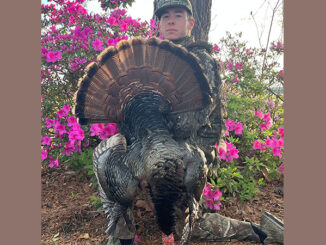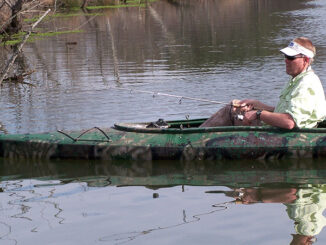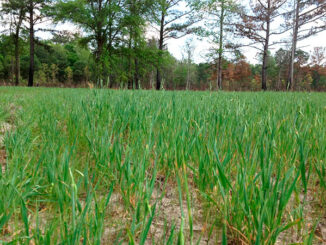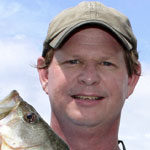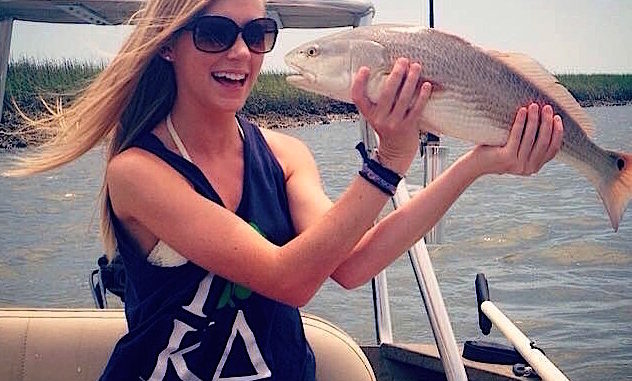
Money comes from sales of N.C. coastal recreational fishing licenses
Each year, a portion of money generated through the sales of North Carolina’s coastal recreational fishing licenses is set aside to fund projects to benefit anglers, fish species, and fishing access points. This year, more than $1.7 million will be split between 15 projects.
The money will be used to fund projects across three different focus areas. The People Focus Area is made up of education projects and public water access projects. The Fish Focus Area funds fisheries research projects. Finally, the Habitat Focus Area will pay for projects that protect or enhance the habitat of fish.
The majority of the $1.7 million has been approved for the People Focus Area, which is made up of six different projects to benefit anglers. These total $983,505, and include the following projects, along with the dollar amount set aside for each:
$77,750 has been earmarked for the fourth update and printing of the North Carolina Coastal Recreational Angler’s Guide.
$11,800 will be used to continue funding the Marine Patrol Education Team, providing educational equipment and resources to the N.C. Marine Patrol.
$69,955 has been set aside to install a fishing pier and kayak launch in the town of Oak Island. This will be an Americans with Disabilities Act-compliant launch.
$185,000 will be used to acquire retired marine vessels which will be sunk and used as artificial reefs in Northern Onslow Bay.
$300,000 will go toward site improvements for boating and fishing access in the West Onslow Bay boating access area.
$339,000 will pay for improvements of the AR-430 nearshore artificial reef off of Brunswick County.
In the Fish Focus Area, five grants totaling $277,967 have been approved for these projects:
$46,392 to validate and update maturation schedules which will lead to better management of N.C. fisheries that are important to both commercial and recreational fishing.
$96,476 will go toward allowing equipment that will allow officers to perform license verifications, print documents, and finish reporting assignments while still afield.
$60,282 will be used for red drum research at the University of North Carolina at Wilmington.
Another $57,488 will go to UNC-Wilmington for studying specific research needs that will be identified by fisheries experts.
$17,329 will fund a year-long grant to complete surveys of anglers who fished in coastal areas in 2015.
The final four grants add up to $532,736, and will be distributed for these Habitat Focus Areas:
$77,103 for a submerged aquatic vegetation SONAR mapping survey in the Neuse River.
$101,200 is to be used in Deep Bay, West Bay, and Middle Bay sanctuaries to develop, enhance, and protect inshore fishing oyster reefs.
$250,000 will go to fund maintenance on the vessel West Bay to help meet the artificial reef and oyster sanctuary program.
$104,433 is awarded to study how sedimentation is affecting recreational fisheries.
Click here to contact Wayne Johannessen, Coastal Recreational Fishing License grants coordinator if you would like more information on these grants or on how the grant program works.

